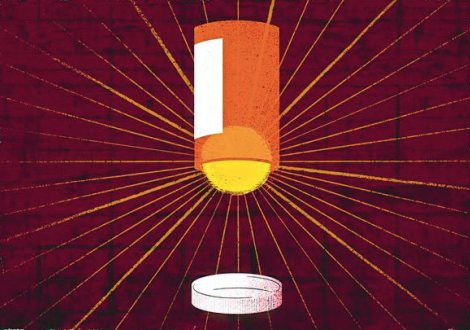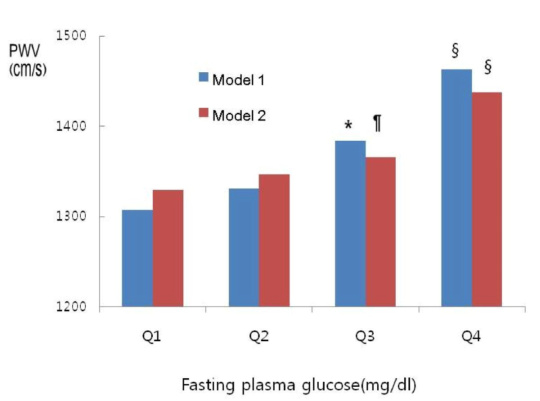
A recent publication in the American Journal of Cardiology called into question the safety of high dose Vitamin D supplementation. In the paper, researchers from Johns Hopkins University School of Medicine investigated a proposed link between Vitamin D levels and an inflammatory protein (CRP) which is considered a risk factor for heart disease. Their conclusions report that levels of D below 21 ng/ml are associated with higher CRP or C-reactive protein. This determination came as no surprise. However, participants with Vitamin D concentrations significantly above 21 ng/ml also demonstrated elevated or undesirable CRP readings. The lead author of the piece, Dr. Muhammad Amer, stated that “Clearly vitamin D is important for your heart health, especially if you have low blood levels of vitamin D. It reduces cardiovascular inflammation and atherosclerosis, and may reduce mortality, but it appears that at some point it can be too much of a good thing.”
Regular readers of this site know that I frequently recommend Vitamin D testing and supplementation in order to reach 25(OH)D levels well in excess of 21 ng/ml. So, you may be wondering if this current controversy alters my point of view of Vitamin D therapy. The short answer is “no”. I’m not being stubborn, just basing my opinion on the best possible evidence.
In the past several months, at least four intervention studies have been carried out evaluating the impact of Vitamin D supplementation on systemic inflammation. Before I describe the results of these trials, please note that intervention trials possess greater scientific validity than population studies. In an intervention setting, direct measures of cause and effect are the primary end points. Population studies tend to rely on observation and uncontrolled data. It is for this reason that intervention trials are often called for to dispute or verify data initially presented in population studies. The Johns Hopkins’ piece is based on population data.
The latest evidence pertaining to Vitamin D supplementation and CRP levels indicates that Vitamin D lowers CRP in certain disease states such as in patients with colorectal cancer and kidney disease. On the other hand, D supplementation may not have much of an impact on relatively healthy adults of varying ages and weight. Please keep in mind that in none of these scenarios did Vitamin D therapy lead to higher CRP levels or other markers of systemic inflammation. All four of the previously mentioned trials have an interventional study design.
In closing, I want to share some underreported, but highly encouraging news about Vitamin D and cardiovascular health. Two current observational studies note that low levels of Vitamin D are correlated with a higher risk of all-cause mortality and heart attack incidence. In the mortality paper, the authors recommend Vitamin D levels of between 30 to 35 ng/ml – significantly higher than the Johns Hopkins’ publication. In addition, three intervention trials from late 2011 determined that Vitamin D supplementation is capable of improving blood pressure control, insulin sensitivity and lipid levels in at-risk populations including diabetics, hypertensives and seniors. All of this research and more points to a valuable role for Vitamin D in the promotion of heart health.
To learn more about the studies referenced in today’s column, please click on the following links:
Study 1 – Relation Between Serum 25-Hydroxyvitamin D and C-Reactive … (link)
Study 2 - Effects of Supplemental Vitamin D and Calcium on Biomarkers of … (link)
Study 3 – Impact of Cholecalciferol Treatment on Biomarkers of Inflammation … (link)
Study 4 - Vitamin D Supplementation During Exercise Training Does Not Alter … (link)
Study 5 - Maintenance of Wintertime Vitamin D Status with Cholecalciferol … (link)
Study 6 - Association of 25-hydroxyvitamin D Deficiency with NT-Pro BNP Levels … (link)
Study 7 - Vitamin D Deficiency and Mortality Risk in the General Population … (link)
Study 8 - Regular Consumption of Vitamin D-Fortified Yogurt Drink (Doogh) … (link)
Study 9 - Effect of Vitamin D on Insulin Sensitivity in Elderly Patients with … (link)
Study 10 - Role of Vitamin D Supplementation in Hypertension … (link)
High Blood Sugar/Insulin Resistance Promotes Arterial Stiffness

Source: Cardiovasc Diabetol. 2011 Apr 15;10:30. (link)
Related Posts:
Source: www.healthyfellow.com
No comments:
Post a Comment